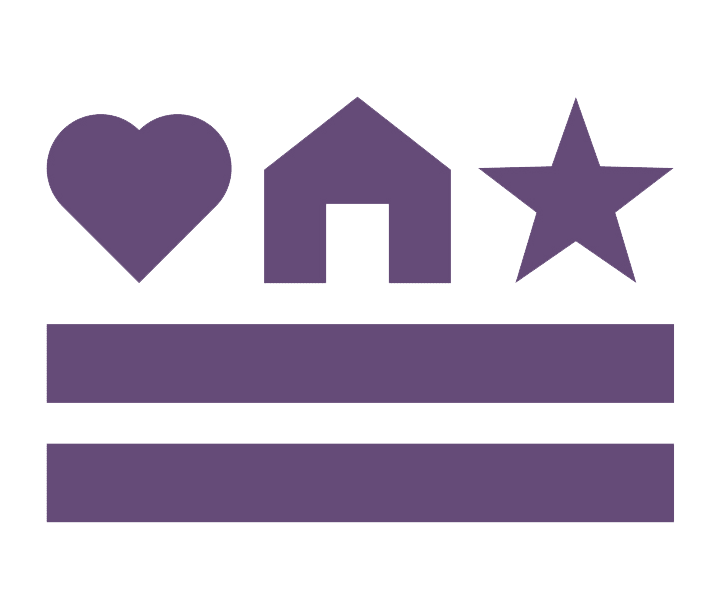6 Things Homeowners Should Consider Before Renting Their Home
Owning a rental property can be a wealth-generating investment with financial benefits that are undoubtedly appealing. If you are planning to move from a home that you already own and have an interest in keeping it as an investment property, it makes sense to explore renting it as a possibility.
1. Are you comfortable managing your home yourself or would you plan to hire a property management company?
Management includes maintenance and repairs as well as handling rent payments and other bills and expenses. Management companies often offer leasing as a separate option with additional fee.
You may want to ask yourself the following questions:
Are you comfortable with receiving calls from tenants with maintenance issues and are prepared to respond to these within 24 hours (if time sensitive)?
Do you have a network of trusted service providers who you can count on to be responsive and complete repairs without supervision?
Are you organized and able to keep accurate financial records?
Are you knowledgeable (or willing to learn) about the licensing requirements in your area?
Are you willing to spend 1-2 hours per month managing your property?
It’s a good idea to figure this out before moving on to calculating the expenses because property management is one of the largest expenses for landlords if you chose not to self manage and costs on average between 8-10% of the monthly rent.
2. Monthly expenses vs rental rates - what is the actual net rental income you can expect each month?
Next it’s a good idea to calculate a total for the expenses associated with renting your home. While all of these figures are estimates, it’s a good idea to be conservative in your calculations. For leasing we are going to take a moderate approach and assume a 12 month lease.
Management: 8% of the monthly rent
Maintenance: 3%-5% of the monthly rent (depending on the rental rate)
Licensing and other fees: $150/year
Leasing: 1 months rent
Vacancy: 5%
Example: Rental rate is $3,000/month
Management: $240
Maintenance: $150
Licensing: $150/year or $12.5/month
Leasing: $3,000/ every year or $250/month
Vacancy: $3,000 or $250/month
Total: $902.50
Net income after operating expenses: $2,097.50
Once you have the estimated net income, subtract your total monthly payment for mortgage, taxes and insurance to determine the actual net rental income.
3. Would this be a cash flow positive rental property?
Once you have the expenses estimated and calculated, you can evaluate whether your home would be cash flow positive. Cash flow positive means that your rental income on an annual basis is more than your expenses and mortgage which creates positive cash flow. A cash flow positive rental property should allow you to build up a cushion of funds that would protect you in the event of major maintenance or repairs or unexpected vacancies, or dealing with a tenant who doesn’t pay rent and/or the eviction process.
Whether or not it makes sense to consider renting a property that is not cash flow positive depends on your overall financial situation. If you have enough assets to pay the mortgage for 6 months without rental income, then you should be OK. If not, this may be a higher risk financial situation.
It’s important to be prepared for a worst case scenario, because unfortunately these do happen. You do not want to be accumulating debt or worsening your overall financial health or situation because of an investment property.
4. Are you prepared to rent your property for several years? Will you have a need for the equity in your home at a specific point in time?
DC is a very tenant-friendly jurisdiction and tenants are afforded the opportunity to continue leasing a property even after the lease end date provided they are paying the rent each month and not in violation of the lease terms. This means that as a landlord, you don’t have the option to decide one day (whether in the middle of the lease or after the lease ends) that your tenants need to move out because you want to sell. You may sell your property with the tenants in place subject to the lease agreement. You cannot evict your tenants simply because you want to sell the property. Properties with tenants in place sell for lower prices than those that are vacant for a variety of reasons. It's best to plan to own a property that you will be renting for at least a few years without needing to sell at a certain date, the best options for selling an investment property will occur between tenants unless it is truly profitable and therefore attractive to real estate investors.
5. What is your goal of renting out your home?
The only wrong answer here is easy money. Rental properties can be an excellent way to build wealth and financially a stable and appreciating investment. These benefits do not come without a cost and rental properties can also be quite a lot of work. Are you willing to invest time and effort into your property in order to achieve these benefits? If not, there are investment options that don’t require any work at all that might be a better fit.
If your goal of renting out your home is to delay selling it because the market conditions are not favorable for a sale, you will want to take a close look at the actual costs of selling (even at a loss) and how they compare with the costs of renting. Once a home has been rented the condition is unlikely to remain the same and you should budget at a minimum 1% of the sales price for improvements to get the property back into sellable condition.
6. If your home isn't a cash-flowing asset but you have equity and are interested in owning an investment property, have you considered other options?
The property you currently own may not be the best option for an investment property and that’s completely OK - chances are that is not why you purchased it. While there are costs associated with buying and selling, if your current property isn’t a viable option as a rental, there may be other properties in your market that would have a positive cash flow with the equity that you have to invest.
Other reasons why your home may not be a great fit for renting may also be related to the type of property or location and potential tenants that you would be able to rent to.
Selling Your Home?
Get your home's value - our custom reports include accurate and up to date information.




